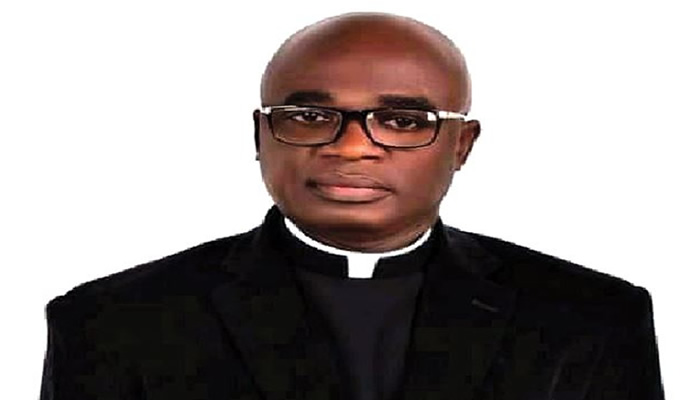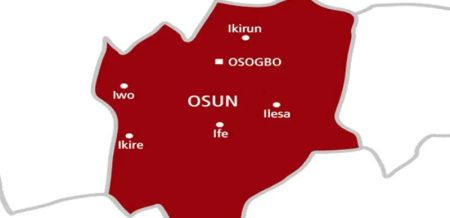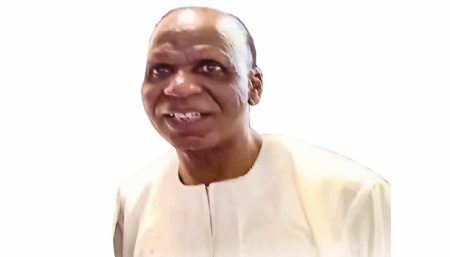The political landscape of Benue State has been marred by persistent violence and unrest, a situation Governor Hyacinth Alia describes as a calculated siege orchestrated by influential figures within the national political arena. Governor Alia alleges that high-ranking politicians operating from Abuja and within the National Assembly are actively involved in instigating, harboring, and supporting the perpetrators of the ongoing crisis. These individuals, he claims, fuel the conflict by providing logistical support, resources, and safe havens to those carrying out the attacks. This alleged complicity, he argues, demonstrates a blatant disregard for the lives of the Benue people, prioritizing personal political ambitions over the safety and security of the state’s citizens. Governor Alia’s accusations paint a picture of a deeply entrenched network of powerful individuals manipulating the conflict for their own gain, adding another layer of complexity to the already volatile situation.
The Governor’s concerns extend beyond mere political maneuvering; he believes the situation has escalated into a form of terrorism, transcending the conventional narrative of farmer-herder clashes. He points to the consistent pattern of attacks, stating that the received intelligence suggests a coordinated and premeditated strategy, with a high degree of accuracy in the information received prior to these incidents. This systematic approach, he argues, distinguishes the violence from isolated clashes and points to a more sinister, organized effort to destabilize the state. The frequency and precision of the attacks, coupled with the intelligence reports, reinforce his belief that the crisis is part of a larger, orchestrated plan, rather than spontaneous eruptions of localized conflict. This characterization as terrorism underscores the gravity of the situation and highlights the potential for further escalation if left unchecked.
In an effort to uncover the root causes of the ongoing attacks and identify those responsible, Governor Alia established a judicial panel of inquiry. The panel has submitted an interim report, with the full report expected imminently. The Governor indicated that the interim findings have already implicated several prominent individuals, and he has vowed to take decisive action once the complete report is in his possession. This investigation represents a crucial step in holding those accountable for the violence and bringing some measure of justice to the affected communities. The involvement of high-profile figures adds another layer of intrigue to the investigation and suggests that the roots of the conflict may extend far beyond the state’s borders.
The implications of these allegations are far-reaching, potentially exposing a network of political influence and manipulation within the national political sphere. The Governor’s statement, while not explicitly naming the individuals involved, casts a shadow of suspicion over powerful political actors operating within the National Assembly and Abuja. This raises serious concerns about the integrity of the political system and the potential for political machinations to fuel conflict and instability. The upcoming full report from the judicial panel promises to shed more light on this intricate web of alleged complicity and could have significant repercussions for those implicated.
Governor Alia’s assertions highlight the difficult task of navigating the complex interplay of political interests and security concerns in a volatile environment. His commitment to protecting the interests of the Benue people pits him against powerful forces operating within the national political landscape. This struggle underscores the challenges faced by regional leaders attempting to maintain peace and security in the face of external pressures and political interference. The Governor’s determination to expose and address the root causes of the crisis, despite the potential risks, reflects his commitment to the well-being of his constituents and his resolve to uphold the rule of law in Benue State.
The unfolding situation in Benue State demands urgent attention and a comprehensive response from both state and federal authorities. The allegations of high-level political involvement necessitate a thorough and impartial investigation to uncover the full extent of the alleged conspiracy and bring those responsible to justice. Furthermore, measures to address the root causes of the conflict, including land disputes, resource scarcity, and inter-communal tensions, are crucial for achieving lasting peace and stability in the region. The crisis in Benue State serves as a stark reminder of the fragility of peace and the devastating consequences of political manipulation and violence. Addressing this complex situation requires a multi-faceted approach that prioritizes security, justice, and the well-being of the affected communities. Only through a concerted effort by all stakeholders can the cycle of violence be broken and a path towards lasting peace forged.














